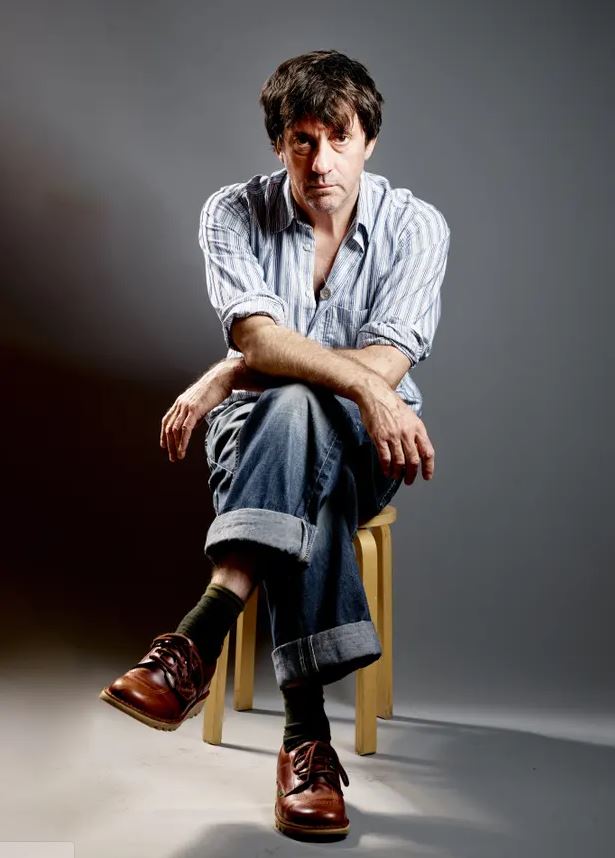The Blur guitarist, 53, on his addictive personality, making music as you age and being a Britpop brat
By James McMahon
I was a brat during Britpop. There was so much to rail against. But I should have been more grateful for my good fortune and looked after myself better and tried to enjoy it innocently. My problem with Blur was when it became a business. But a bigger problem was when my own people started talking in that language. When it all became about breaking America, or whatever.

When people get older their music gets rubbish. You’ve learned a bit more about yourself, mellowed out, maybe done a bit of therapy… – that young, fiery, uncompromising outlook you once had starts to get the edges knocked out of it. I’m not talking about myself, obviously.
I’m panicking about how many years I have left to make music. It’s made me see Damon [Albarn] in a different light. His drive and his work ethic – he’s like a shark that doesn’t stay still. He keeps going and doing.
The 90s was the last hurrah for the music business. There was a lot of money flying around. And then there wasn’t – and things got a lot more frugal. Some people felt a black cloud coming. Dave [Rowntree], our drummer, knew the internet was going to change everything. But sometimes in difficult situations nobody wants to take any notice.
I don’t think Blur often get festival offers. They only offer them to going concerns, don’t they? You have to put your name in a hat.
I have an addictive personality. Booze gave me peace of mind. It made the negative self-talk quieter. It made socialising easier. For a while I became more entertaining to talk to. But there were a couple of times when I was on a bender and I realised I just couldn’t stop. That really scared me. I couldn’t deal with knowing the anxiety would come when I stopped. So I just kept drinking.
Drinking and going to the pub and having parties can be a nice way to live, but it costs you in the end. Your emotional development takes a beating, because you’re living in suspension. You’re not really doing anything. You’re not living in reality, which I guess can be attractive. But when you’ve got kids and things like that? That’s not on.
I’ve never fallen out of love with music, but I’ve fallen out with the record- buying public. They don’t know what’s good! I just don’t like a lot of things about the music business now. I don’t like that there’s no Top of the Pops on Thursday nights. I don’t like that Jools Holland’s show isn’t much longer than it is. But music has always been there for me. It’s always been special for me. It’s still the number one thing that helps my mental health.
Would I like my younger self if I met him now? I think so. I still see him around a bit. He wouldn’t take any advice, just like no young person takes advice from someone my age now. Nobody gave me a lot of advice when I was growing up, really. I sort of had to learn everything the hard way. I hope he and I would talk about mental health. That seems like a good development to me.
The interview was curated from The Guardian.